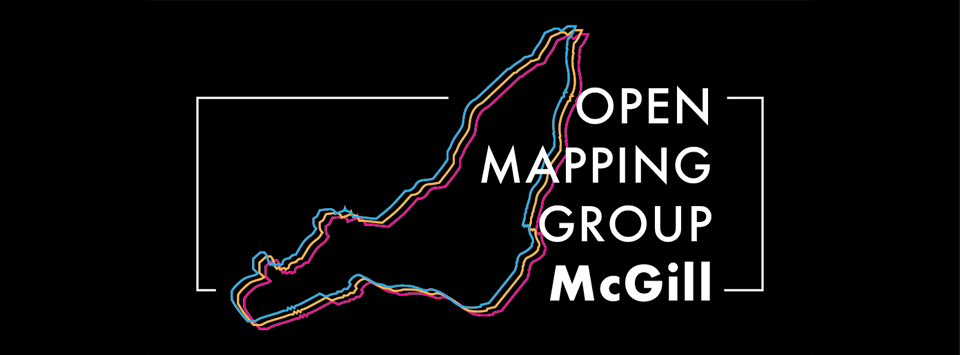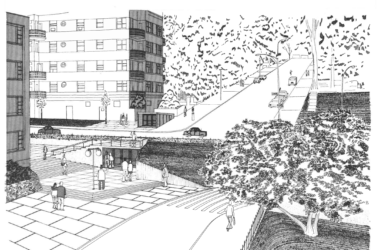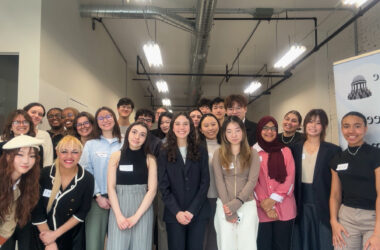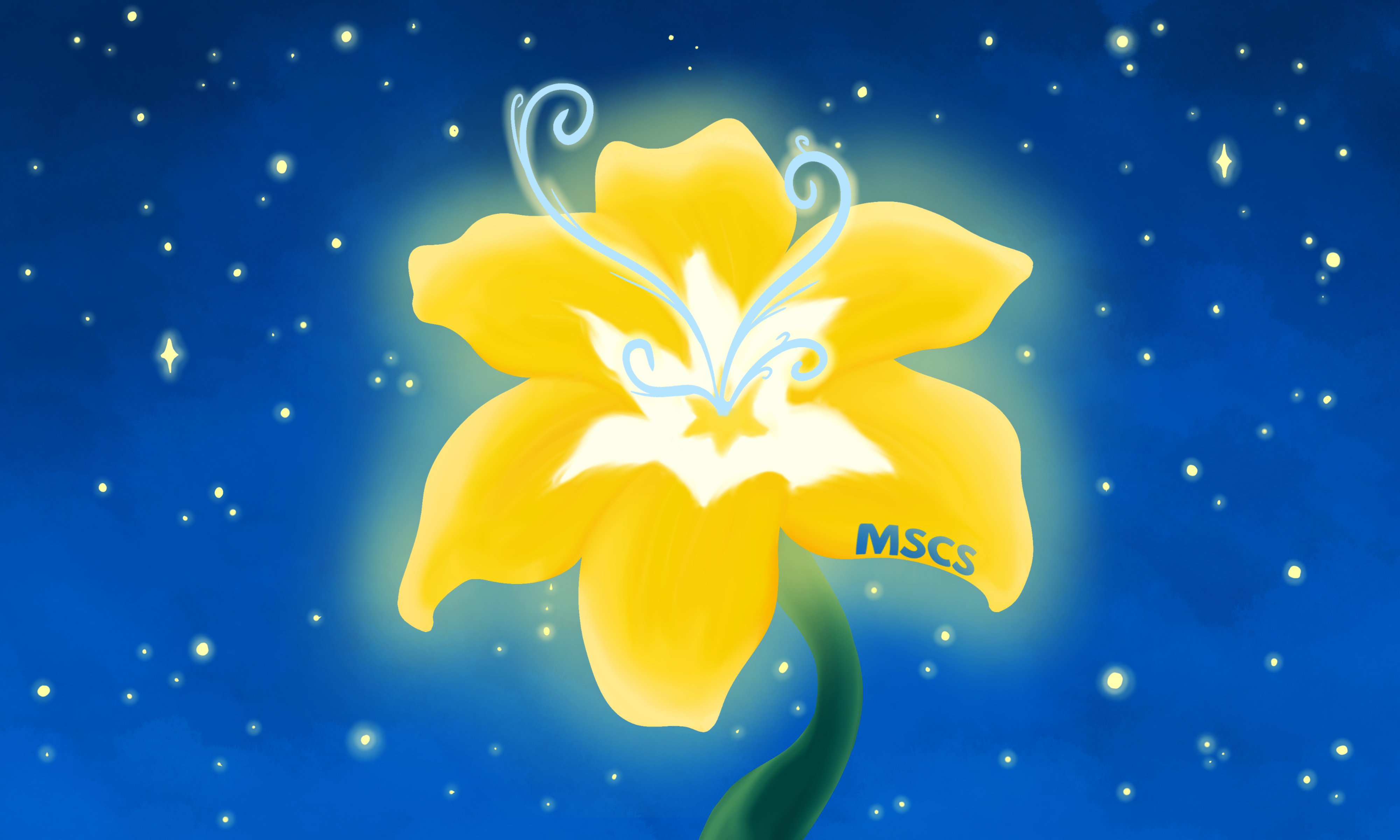On Feb. 20, McGill’s student-run Open Mapping Group (OMG) partnered with Right to Campus to enjoy some mapping and hot chocolate. Participants at the event amassed data for what will become the Interactive Accessibility Network (IAN), a navigation service that serves students with disabilities on McGill’s Downtown and MacDonald campuses. Last month’s event marked OMG’s third gathering of the semester and caps off the group’s first year of collaborating with the Office for Students with Disabilities (OSD) to create the IAN. The club, which was founded by a group of geography students focuses on bringing people together to map in a relaxed environment.
“OMG, in general, is interested in promoting the use of open-source mapping software,” President Max Noiseux said.
Currently, the group is making use of open-mapping software by working on the IAN at the OSD’s request; however, last year, the group’s focus was on mapping in support of international humanitarian causes, which, Noiseux called its ‘essence.’ An earlier mapathon event enlisted students to update the map of Khaipur, Pakistan in an effort to empower local students and community members to petition their government for infrastructure improvements. At the club’s launch on Geographic Information Systems (GIS) Day 2017, OMG emphasized the need for open mapping and its vital role in humanitarian work. Their aim of contributing to publicly sourced and available geographic information served to empower international political movements and has evolved to support local accessibility advocacy as well. Early events also contributed to the Humanitarian OpenStreetMap Team (HOTOSM), an international open mapping group that aggregates user-generated data on OpenStreetMap, an editable public world map, that contributes to humanitarian response and economic development.
“[HOTOSM focuses on] essentially mapping areas where data is going to be used for natural disaster aid or projects that […] governments have been working on to increase data availability in their countries,” Noiseux said.
In the past year, OMG has stepped into a supporting role to Chris Liang, the project coordinator of the IAN who is tasked with mapping out accessibility points on campus. This year’s events have focused on mobilizing the student population to help acquire geographic data and raising awareness on campus about the existence of the IAN project. The focus on the IAN has put OMG’s international humanitarian roots on the back burner; however, their core drive to empower disadvantaged communities with free geographic knowledge has remained a constant throughout the group’s existence.
“We’re still committed to finding opportunities to promote open geospatial data in all spheres,” Noiseux said.
The distinction of publically collected data is an important one. OMG contributes to OpenStreetMap (OSM), which resembles Google Maps but is open-sourced—similar to Wikipedia in that anyone can contribute to the collaborative, editable world map. OSM can provide more detailed geographical information through the input of a wider range of contributors representing diverse interests, making it a richer resource for users to research an area’s accessibility. Additionally, it contributes to the democratization of map data: OSM is both available to the public and rooted in volunteer-generated information. While Google Maps provides information at the discretion of their parent company, OSM provides a platform for user-sourced data that benefits the community more broadly.
Enlisting McGill students to help develop routes on campus was a natural progression from a focus on open-source mapping. Now in its fourth semester of existence, OMG aims to diversify events, expand, and get the word out to students from departments and faculties outside of geography. This academic year, they have also held a mapping party and a map crawl—a bar crawl where participants mapped features along the way.
“We try [to make mapping] a bit more fun [to] attract people who might not [usually] be interested in mapping but might want to see it in a more casual way,” Noiseux said.
OMG McGill currently operates as a small group, but hopes to raise greater awareness about their various collaborative, open-source mapping projects through both typical and out-of-the-box events. Weekly meetings, usually held on Friday from 4 to 5 p.m. in Burnside Hall 512, are open to anyone on campus interested in learning about mapping, and the group welcomes students from outside geography. Through its collaborative work, OMG’s ongoing project contributes more than geographic knowledge; it connects with issues of democracy and accessibility that resonate on campus and beyond.
A previous version of the article incorrectly stated that OMG holds weekly meetings on Wednesdays. In fact, their weekly meetings are held on Mondays. The Tribune regrets this error.









